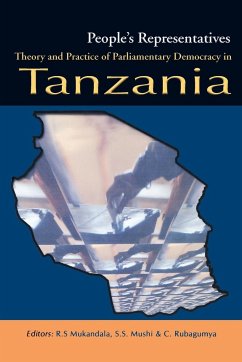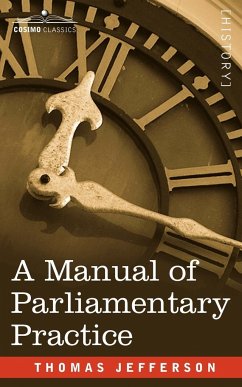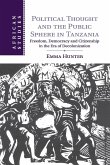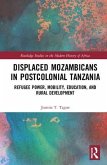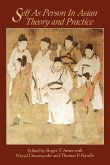Full parliamentary democracy did not come quickly or easily to Tanzania. In 1962, the first constitution of Tanzania as an independent republic shifted power from parliament to the executive: specifically to the presidency. In 1965, the interim constitution further eroded the powers of parliament in favour of a one party state, controlled by the Tanganyika African National Union (TANU). Parliament became little more than a token, rubber-stamping organisation. This multi-contributory study traces the development of multi-party democracy in Tanzania from the appointment of the first two chiefs to Tanganyika's colonial Legislative Council in 1945 to the present day. It highlights the struggle for supremacy between parliament and the executive during the period from 1968 to 1992, when parliament began to assert itself as a vibrant multi-party institution.
Hinweis: Dieser Artikel kann nur an eine deutsche Lieferadresse ausgeliefert werden.
Hinweis: Dieser Artikel kann nur an eine deutsche Lieferadresse ausgeliefert werden.

